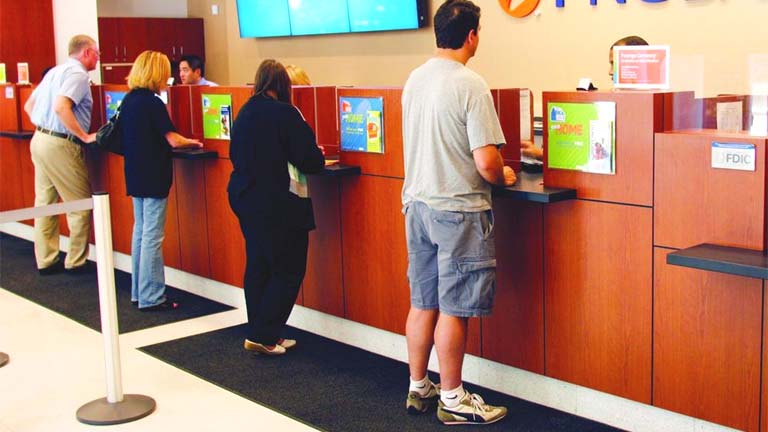
Having a professional business bank account is vital perhaps you’re just beginning out or have been in business for years. Every business or organization, no matter how tiny, requires one: It is crucial to the financial operations of your company since it collects payments from customers and also makes payments to staff and vendors. It’s also necessary for appropriate bookkeeping, tax reporting, and other legal requirements.
Each step of a company’s development provides its own set of problems. You’ll need to select where you’ll put your money after finally receiving it. A business bank entity is created for most businesses, from huge corporations to sole proprietorships. However, there are several things to know before opening one.
This article includes all you need to know about opening a business bank account in 2022, as well as our recommendation for the best business startup.
What Is Business Bank Account?
A business bank account is a checking bank account that is set up particularly for business revenue and outflows, allowing people to keep their professional and personal financial affairs & transactions separate. Business accounts frequently have capabilities not found in private accounts.
Consider These Factors When Selecting A Business Bank Account
These are some of the most typical business bank account needs.
1. Applicant Identification
To create a business bank account, banks will require a govt photo ID, including a driver’s license or passport (some may ask for two). Also, with your date of birth & Social Security number, you must also include your private mailing address & contact information.
Personal information and identification for each owner who owns 25% or more of the company are normally required for businesses with numerous owners.
2. Social Security Number (SSN) or Employer Identification Number (EIN)
Most banks need business clients to supply their EIN in order to enter a business checking or savings account. In contrast, others may allow sole owners to open a small company account using only their Social Security Number.
Suppose you don’t already have an EIN. In that case, you may get one for free by filling out an application on the IRS website as long as you have a legitimate Social Security Number as well as your company is based in the United States or rather its territories.
3. Formal Business Documents
A duplicate of your formation documentation will be required by your bank. This refers to the articles of organization for limited liability companies (LLCs) and the articles of incorporation for corporations.
These documents contain basic information about your firm, such as its management structure, who is in charge of financial management, and how it will run. In addition, we recommend ZenBusiness LLC service for the best business startup.
4. Business License
Banks will almost certainly request your current business license as proof that you are legally entitled to operate in your area. Before you can establish a business bank account, your bank will want documentation that your company has the necessary licenses.
The procedures for obtaining a business license differ by location, so conduct some research to determine what is essential in your area.
5. Certificate Of Doing Business As (DBA)
A DBA, sometimes known as a “fictitious name,” permits you to engage in commerce under a name other than your company’s current name, such as advertising or marketing, or taking payments.
Since entrepreneurs aren’t permitted to use their bank account with their business name, most banks allow a certified copy of a DBA to open a business bank account. Filing for a DBA will enable businesses to operate under a different name without having to incorporate a new company.
6. Agreements On Ownership
You and the other shareholders of a partnership or corporation will need to write a collaboration or operating agreement. This document will spell out each founder’s rights and responsibilities, as well as how the company will run.
7. Making A Deposit
Some banks need an initial deposit ranging from $5 to $1,000, whereas others enable you to start an account with no money down.
8. Monthly Earnings From Credit Cards
Businesses who want to open a merchant’s services accounts to process debit & credit card payments should tell their bank their credit card payments revenue average. Although startups may not have had any previous credit card income, they should have a reasonable approximation of how much they intend to earn.
Conclusion
If you want to turn your service or product into a thriving business, you’ll need a business bank account. There’s a lot to consider when weighing your alternatives, but if you follow the procedures outlined here, you must be able to identify the best fit for your company.




